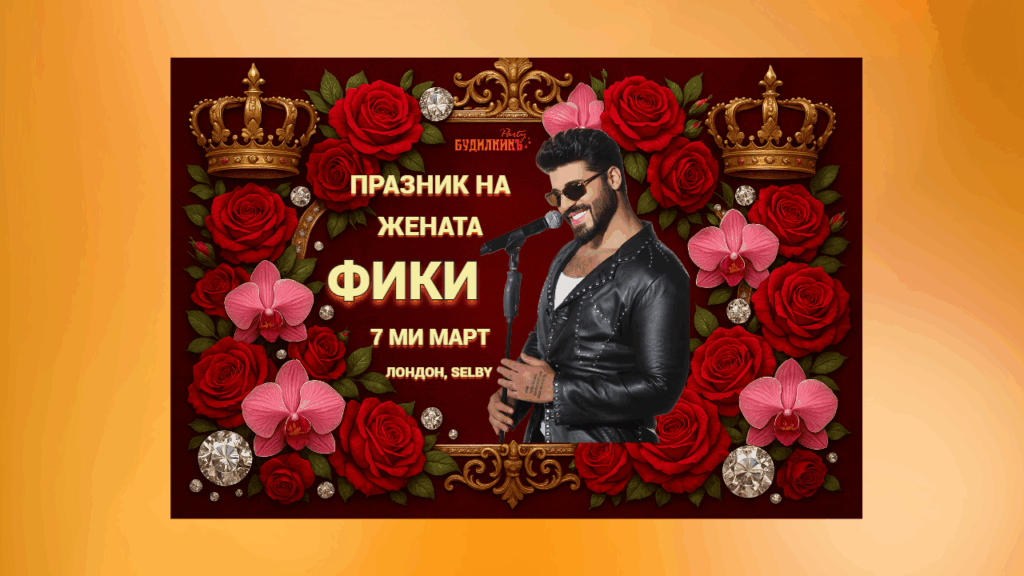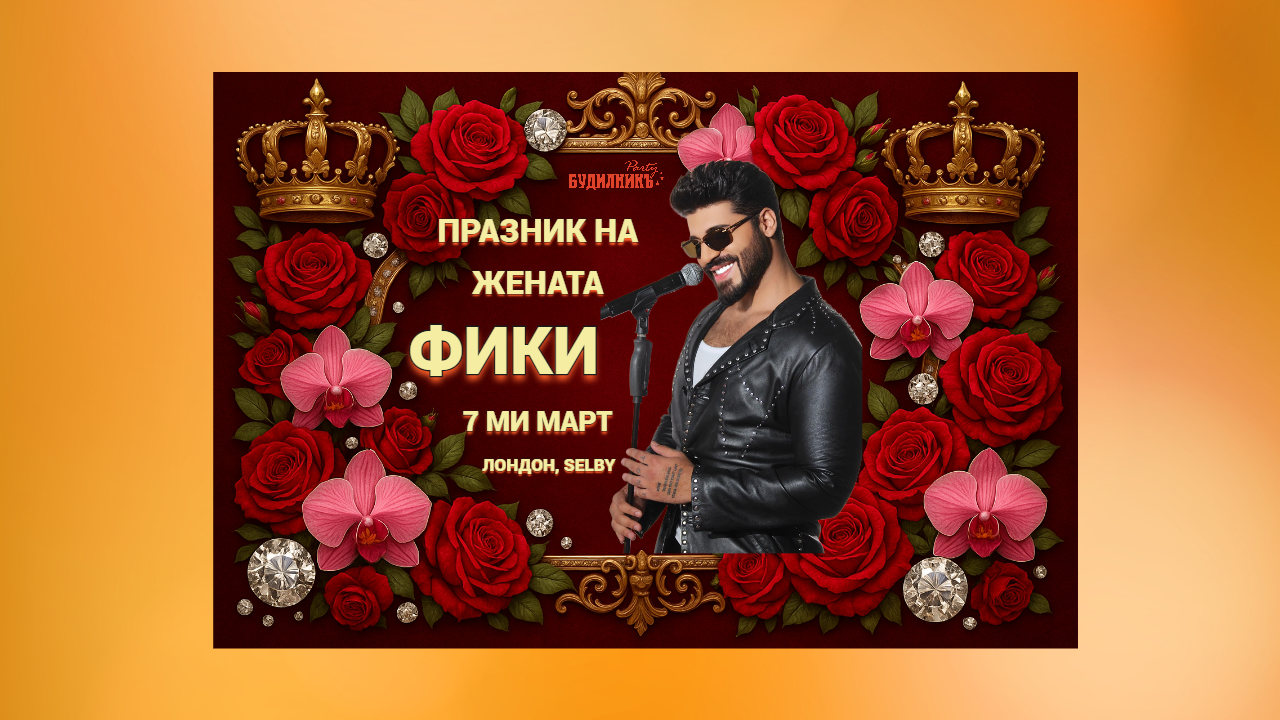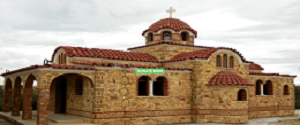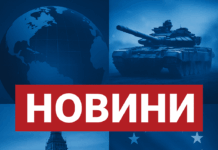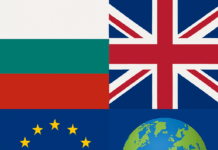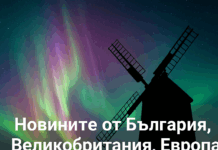By Rumyana Vakarelska, UK/EU politics commentator Similarly, to the Irish, as described by Irish-born
singer and campaigner Bono in a fantastic speech before EU officials, the Bulgarians abroad think that they have always been making history, hoping at the end to get a piece of the big cake, although it seems that the Bulgarian political establishment has a long way to go to catch up with its compatriots abroad.
This week’s visit of the Bulgarian President Rossen Plevneliev to the UK by invitation of the Queen raised hopes among Bulgarians in the UK that this timely appearance will cushion the recent bitter political and media attacks against Bulgarians and Romanians, after got the full right to work anywhere in the EU from January 1, 2014.
The unnecessary tensions caused by various UK institutions in the first quarter of 2014 will take time to subside in both the British and Bulgarian psyche, as the people who moved to the UK since 1989, winning meanwhile points-based work permits, tend to be among the most educated and capable Bulgarians, making the negative campaign even more unnecessary. In addition, Bulgarians’ preferred locations in the EU to make a fresh start are Germany, Spain and Greece, not the UK, according to Eurostat, among other credible sources.
With all this in place just a few weeks before the Presidential visit, striking new employment figures released by the Bulgarian Academy of Sciences’ (BAN) prestigious Institute of Sociology gave more confidence to the Bulgarians in the UK to ask the President tough questions about the country’s new strategy for the Bulgarians abroad, which is the Presidential Institution’s prerogative.
BAN’s findings indicated that for the first time 2,5 million Bulgarians are employed abroad, compared to 2,2 million people in Bulgaria, with the biggest expat communities being based in the US, Australia and Canada, less so in Europe.
During his visit the Bulgarian President had a 45 minute reception with the Queen, 13 years after a previous President, Peter Stoyanov, had this honour, followed by short meetings with Nick Clegg, Bulgaria’s country team in EBRD and with William Hague, UK’s foreign secretary, and last, but not least, with the Department of Work and Pensions. A letter of intent was been signed to pursue joint measures with the Bulgarian counterpart ministry of Labour and Social Care that Bulgarians will not abuse the UK’s benefits system.
This act will raise eyebrows across the Bulgarian community, as so far time restrictions have been imposed on them on access to benefits, if they ever need them, while access to student loans has been cancelled, leaving many young people between a hard rock and a hard place.
However, when asked at the meeting with the Bulgarian community if the Presidency, responsible at large for building the image of Bulgaria abroad, has a strategy in place to oppose the negative media campaign against the Bulgarians in the UK, Plevnevliev said ‘we cannot fight the tabloid press’, which is not what most in the room expected.
‘Due to the Ukrainian political crisis we have a chance in Europe to set a new trend in history of peace’, he said at Chatham House just days before the expected offer this week from Brussels to sign an EU Association agreement with Ukraine.
‘SEE, including Bulgaria, is on the right track to prosperity, although in Bulgaria, as well as across the region, a greater institutional consolidation is needed’, he said, paying tribute to the Bulgarian citizens, not any political party, for the real changes that the country has undergone. ‘Meanwhile, SEE needs more of the EU’s soft power’, he said.
Many Bulgarian expats today think that if they are the biggest foreign direct investor (FDI), bringing EUR 1, 7 billion to Bulgaria’s coffers, compared to other international FDI, which totals EUR 1,4 billion (the UK is the fourth biggest investor) their rights in their country of origin have to be much better represented. There are good reasons for this, as low pension and income levels in Bulgaria required a constant cash flow from abroad back home, while bringing up families and building new lives abroad.
The Bulgarian community demanded that Bulgarians abroad be given a direct say in the new national strategy for the country’s expats, including guaranteed vote in national and European elections. By law, they have this right, but at the last national elections many Bulgarian voters could not physically vote, as there was insufficient organisational provision in the UK and elsewhere in the world for the first time in 20 years. Consequently, Bulgarians abroad now demand an electronic voting system.
‘I have lived in Germany for six years and have been all over the world, but feel the happiest in Bulgaria’, Mr Plevneliev said, without answering this and other tough questions directly.
Mr Plevneliev praised the achievements of the Vishegrad countries, including Poland, saying that the proven route for CEE country expats was to go back and contribute to their society. This occurs when personal income figures reach 60pc of GDP (Bulgaria’s ranges between 20-30pc).
“I am the peoples’ President”, Mr Plevneliev said later in the week in Chatham House (he was elected with a majority of 53pc in 2012). The Bulgarian community also demanded a new task force and structures to be created so that they can participate and advise on the emerging strategy for the Bulgarians abroad. The President did not make particular commitments to this strategy. This may or may not remain the case in the duration of his five year term until 2017.
However, it seems Mr Plevneliev did not win new votes for GERB candidates in the forthcoming European elections, the party that supported his way to the presidential post. Similarly, he did not show much interest in supporting the Bulgarian community campaign for Megan, a toddler of a mixed Bulgarian-British marriage, to be returned to her native Bulgarian mother, as a broken marriage with a British national resulted in a forced adoption in the UK, due to the questionable intervention of UK Social Services.
The only way out is a high profile legal case initiated by the Bulgarian state, according to the British Embassy in Sofia, where protesters asked for attention, following protests in the UK, but the Bulgarian state has not yet started such a case.
‘Bulgaria has to go further in its institutional reform’, Mr Plevneliev said. ‘Instead of six judiciary reforms, the judiciary need to produce results by convicting more oligarchs’, he said.
Although he vocally supported the EU’s and NATO’s stance on Ukraine, with the Bulgarian NATO navy training currently in the Bulgarian Black Sea waters, he did not spell out what will be Bulgaria’s special contribution on resolving the crisis in Crimea.
Russians are expected to withdraw interest form the Bulgarian Black Sea Coast and consequently Bulgarian property market prices will continue tumbling. A fellow Bulgarian journalist recently wrote that the Russians have already got Kensington and Chelsea, while many local people may be delighted if this withdrawal of interest happens. However, the Bulgarian tourism industry this year is expected to take a blow from the crisis in Crimea. Meanwhile, the Bulgarian government has announced a figure of almost 1000 new Bulgarian citizens, as Ukrainians, Moldavians and a few Macedonians apply for Bulgarian citizenship, adding to the complex picture of our society at home.
The President concluded that the Balkans is a Turkish word, meaning ‘blood’ and ‘honey’, putting the blood in the past and looking forward towards the honey. He could not quite say what was the ‘honey’ in the near future for the Bulgarian expats in their own country, so if you are invited to tea with the President, bring your own honey.
